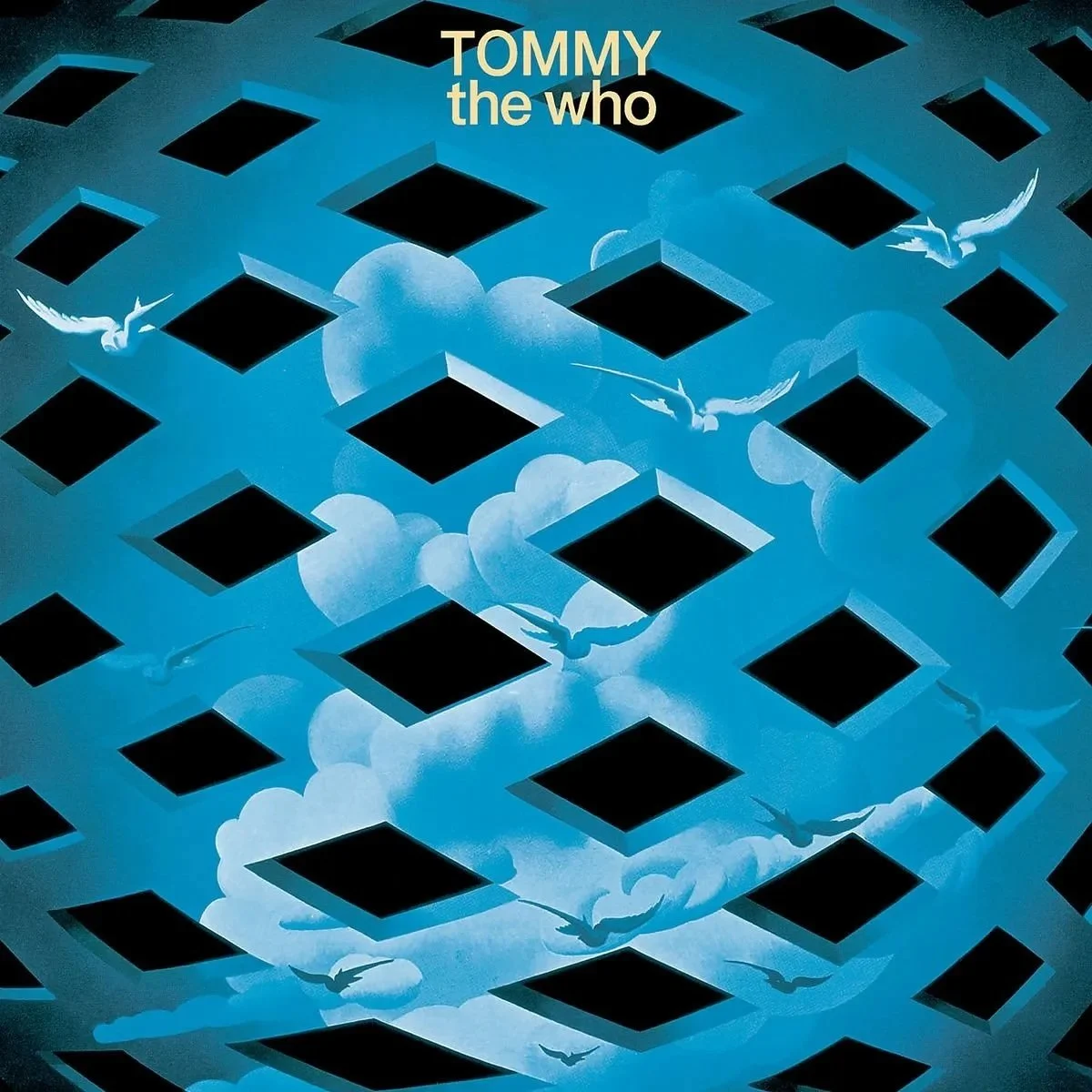Amazing Journey

Tommy is the 4th album by a British rock band, the Who. Released in 1969, it was a radical departure from the pop hits that had seen them toping the charts. The albums’ creation came at a critical point in the band’s journey. By 1968, the bands principally songwriter Pete Townshend was unsure how his band would progress musically. faced with a changing music scene no longer dominated by singles lead him to pounder the band’s future. He had become unhappy and disenfranchised with life and music. Tommy was inspired by Townsend’s love of the teachings of the Indian mystic, Meher Baba, who Townsend had discovered through friend Mike Mcinnerney, He decided that The Who should record a series of songs that formed a rock opera. The rest of The Who were so passionate and enthusiastic about the idea decided that he should have artistic control over the project.
The Band started recording the album at IBC studios on 19 September 1968. There was no set title for the album and was often referred to as the deaf and dumb and blind boy or amazing journey. Eventually, Townsend settled on Tommy, as it was a common name and nickname for British soldiers during the first world war. While Townshend was the driving force and principle songwriter, the other members of the band helped to turn rough sketches and home demos Townshend had made into finished arranged songs, bass Player John Entwistle upon the request of Townshend write the song uncle Ernie and drummer Keith Moon was the brains behind the idea of the song Tommys holiday camp. Some old material that had already been written for other projects was also used. “Sensation” was written about a girl Townshend had met on The Who’s tour of Australia in early 1968. I’m free was about the peace found through the teachings of Meher Baba and Sally Simpson was based on an actual gig The Doors had performed which was marred by violence.
The album’s completion suffered from Delays as the lack of a coherent plot line was playing a major role in creative block. This lead the group’s manager Kit Lambert resorted to writing a script called Tommy (1914–1984) which he then professionally printed and handed to the band members to help them focus the story line. As more song was added, the band agreed the album would be a released as a double album. Eventually, after multiple delays, Tommy was released on may the 17 in the US and the 23 in the UK. Tommy is a difficult album. It is not a who’s next or perhaps the who best album Quadrophenia; it lacks a clear narrative which leaves the claims of it being a Rock Opera confusing. while Musically it has some powerful moments in songs like pinball wizard, I’m free and sparks. The music can often seem lost and underwhelming, leaving a lot to be desired. The songs addressing Tommy’s physical and sexual abuse are disturbing but essential to the story of Tommy. In the end, Tommy is more important to the story of the Who, and was essential to the band surviving. It gave Peter Townsend the confidence to continue as a writer and the band to create a live performance referred by so many. It is Townsend trying to make sense of the meaning of his life and what his role as an artist making Tommy an album that talks a good talk, but fails to deliver. leaving Tommy an album that is more album more important to the history of the who than musically satisfying.




